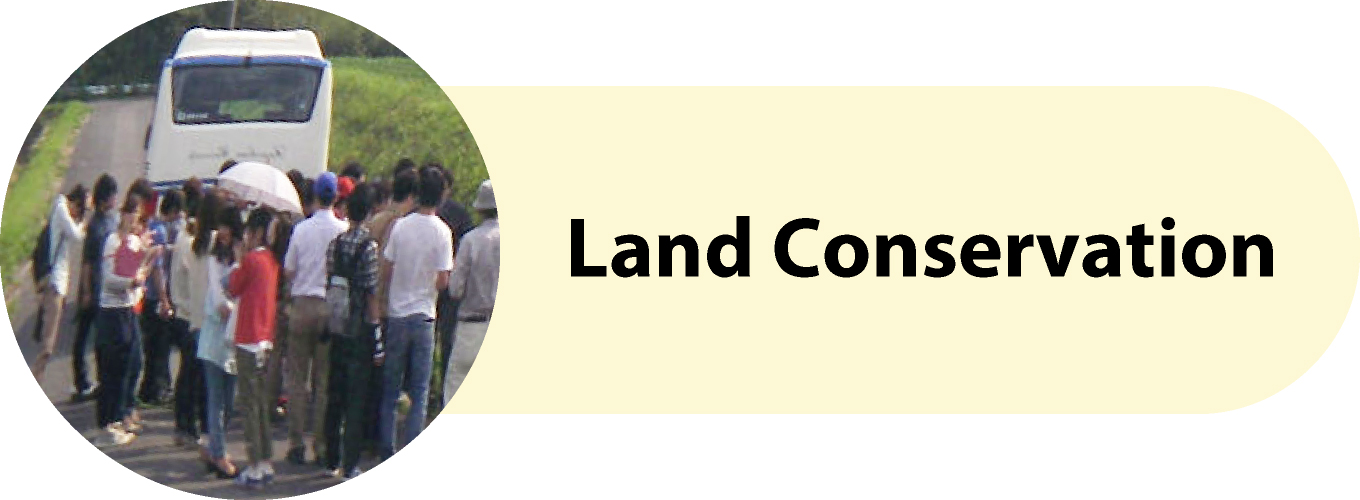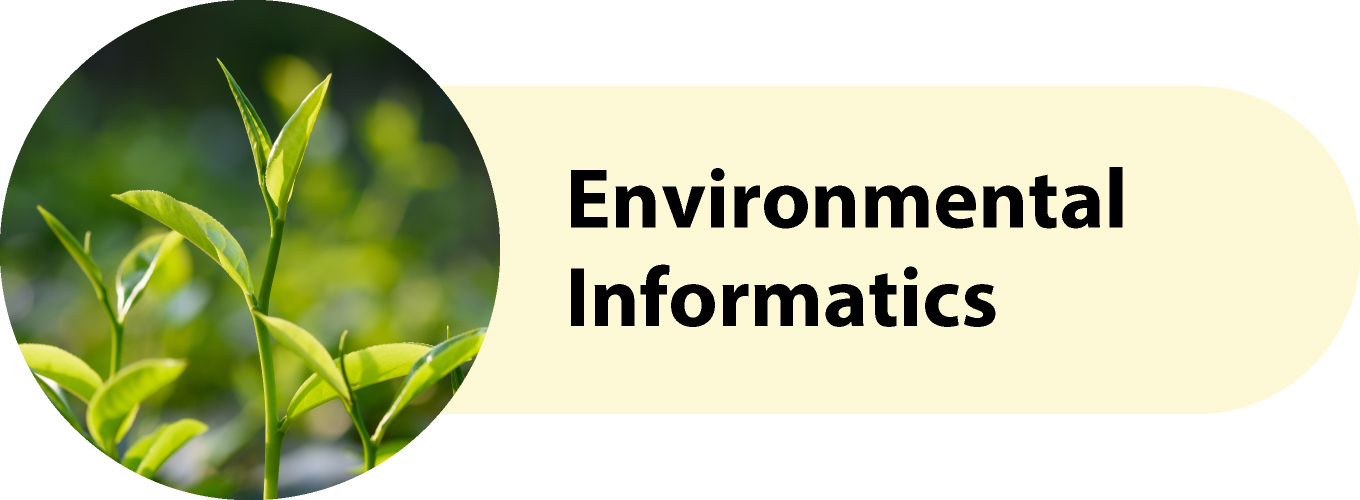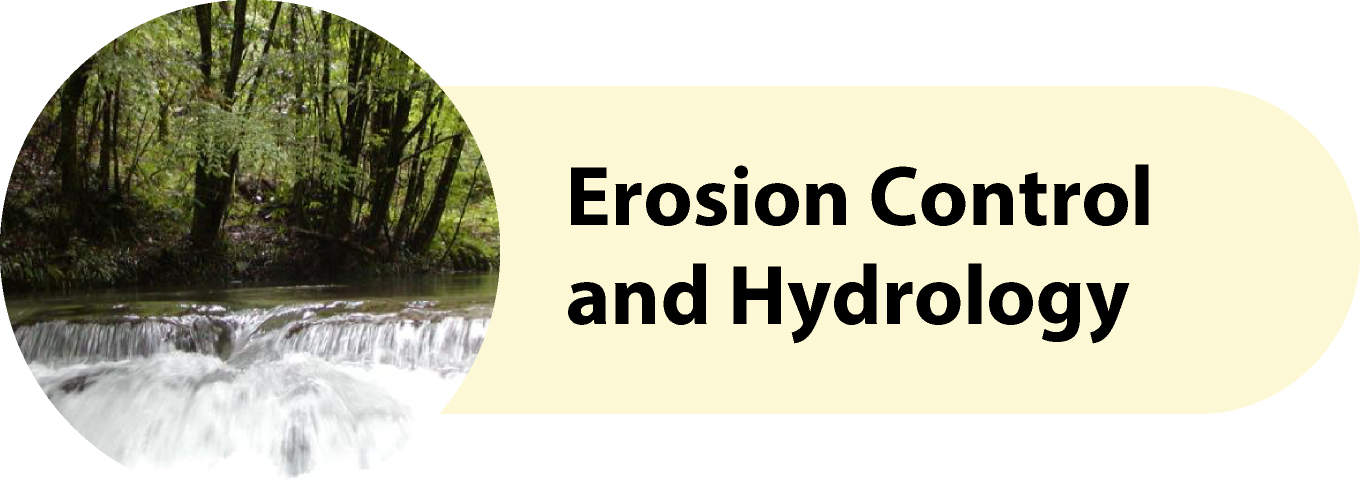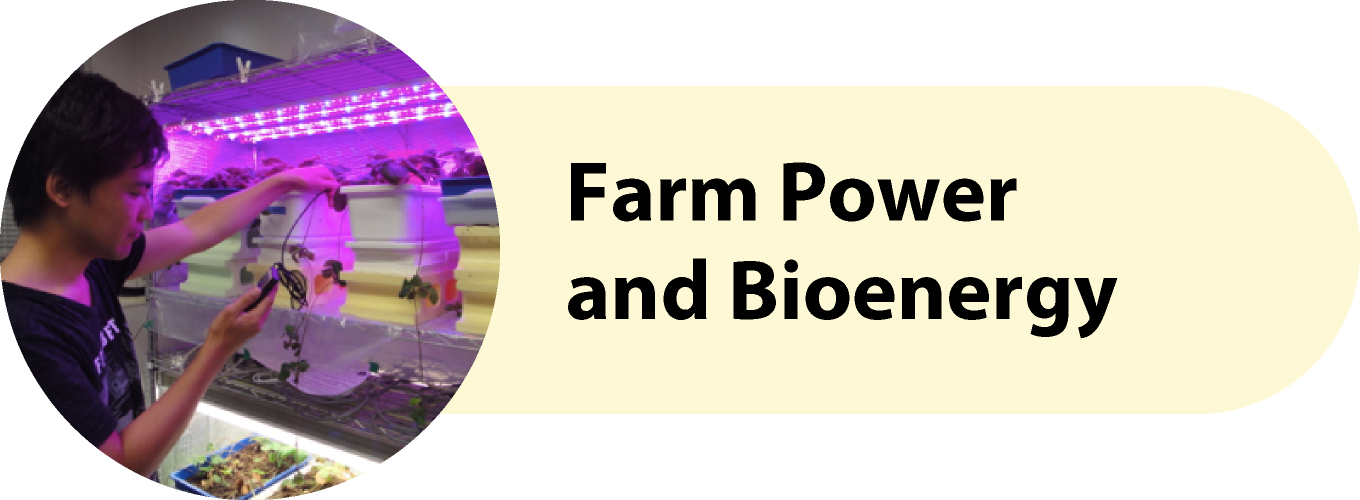Environmental and Bioresource Engineering
Course Introduction
In order to establish improvement of agricultural productivity and the creation of a sustainable regional environment in harmony with the natural ecology, our education and research efforts focus on management of regional resources, on conservation of the environment, on improvement of the agricultural production infrastructure, and on information for regional disaster prevention.
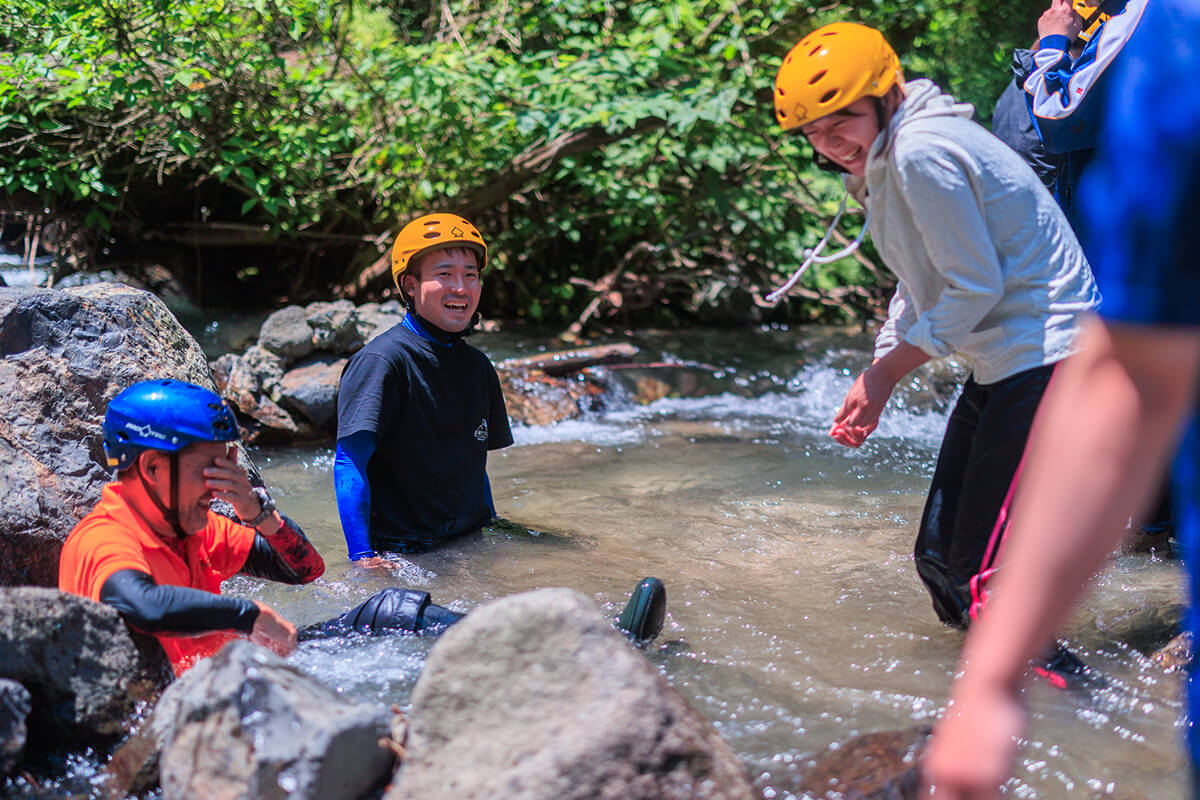
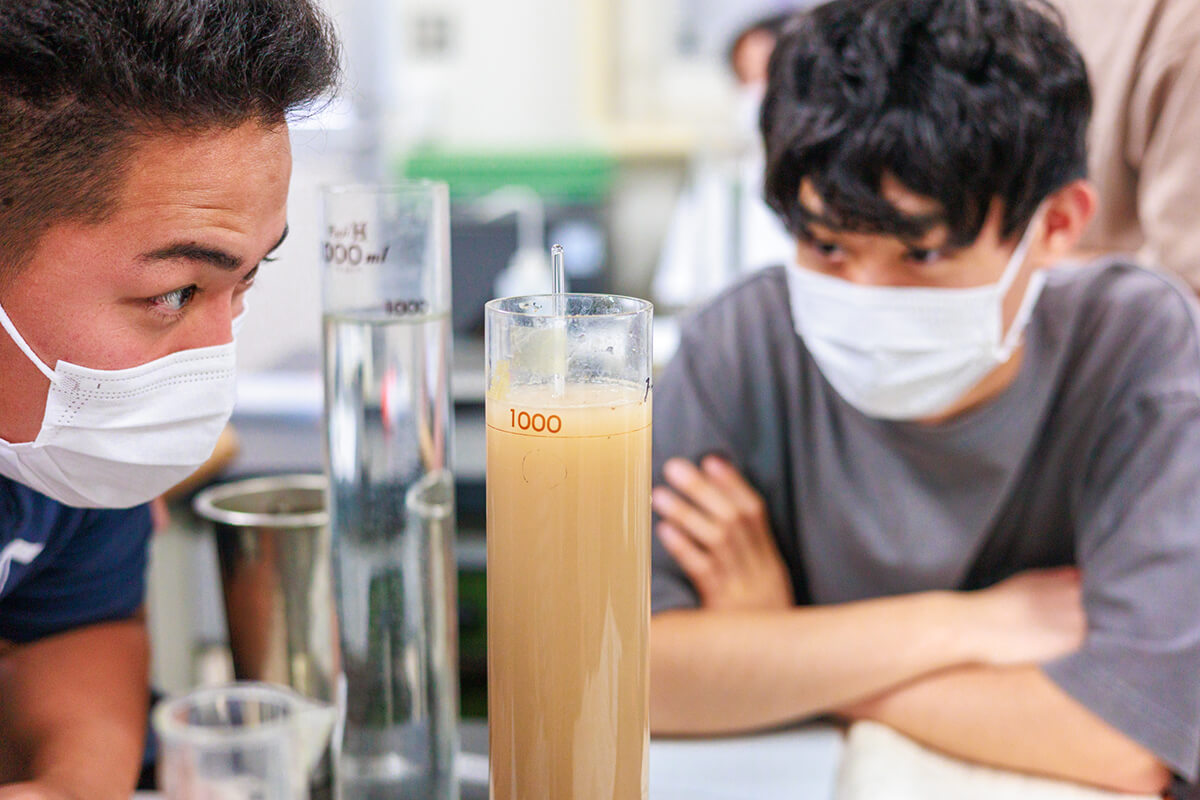
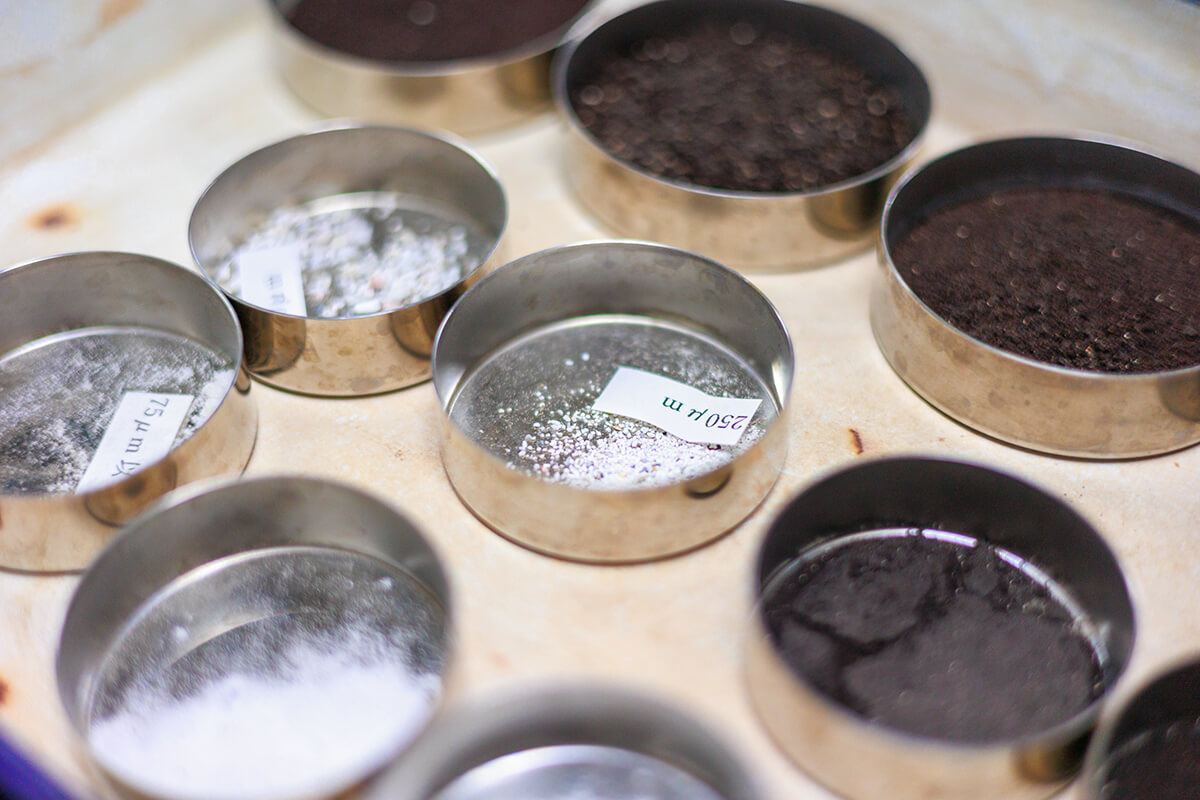
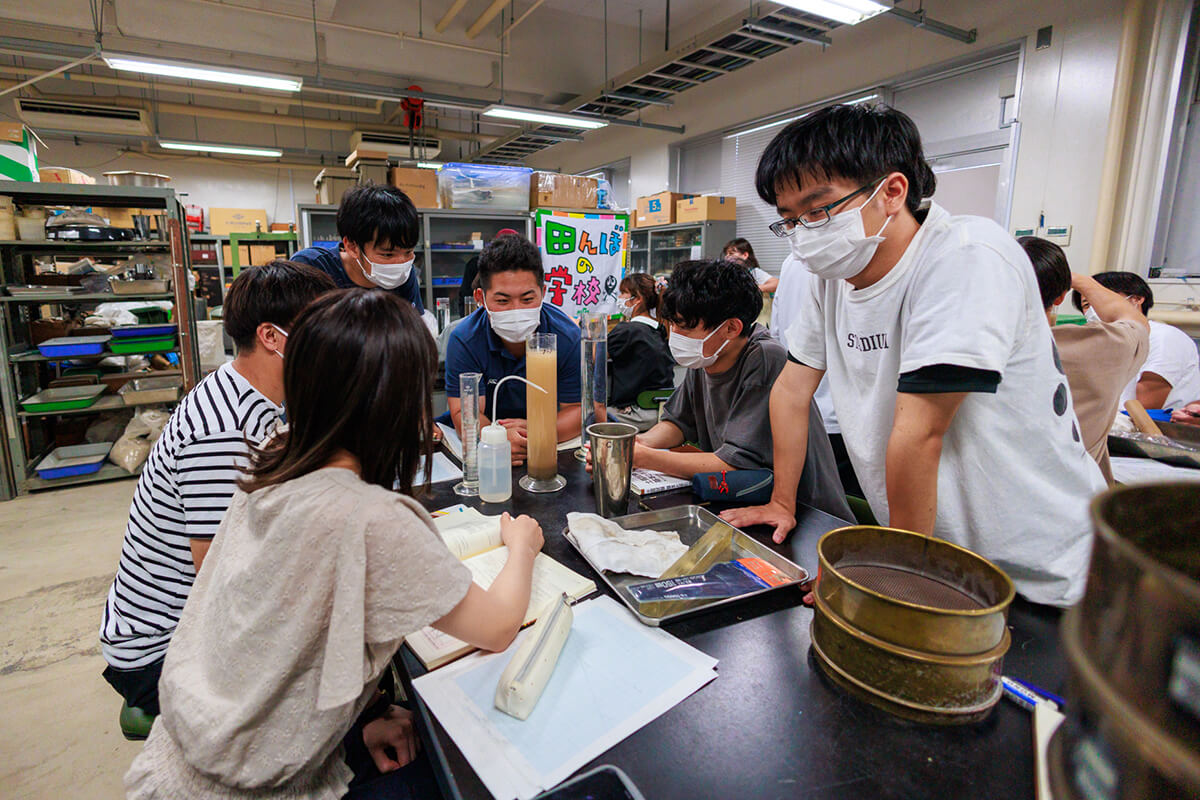
Laboratry
Educational Goals
The educational goals for the Environmental and Bioresource Engineering course are to nurture students’ skills for encouraging agricultural production and creation of a lush regional environment through the acquisitions of basic knowledge and logic regarding utilization of regional resources, conservation of the regional environment and information for regional disaster prevention.
Policies
Diploma Policies
- A student will have met the requirements of the course for graduation if they:
- have acquired the knowledge and skills to utilize and manage regional resources.
- have acquired the knowledge to improve and remedy regional environments.
- have acquired the knowledge and skills to evaluate and retain information on natural disasters.
- have acquired the skills and methodologies regarding agricultural production and environmental creation.
- possess the ability to work on research related to Environmental and Bioresource Engineering and to summarize it into a graduation thesis
Curriculum Policies
- In order to achieve the educational goals of the course, we provide the following subjects in which students:
- acquire basic knowledge and logic related to Environmental and Bioresource Engineering.
- acquire knowledge and skills related to utilization and management of regional resources.
- acquire knowledge related to improvement and remediation of the regional environment.
- acquire knowledge and skills related to evaluating and disseminating information on natural disasters.
- acquire skills and methodologies on production of agricultural products and building of sustainable environments and societies.
- acquire data collection and analysis skills, and also the ability to summarize research results for presentations for the purpose of fostering practical capabilities.
- acquire research methodologies related to Environmental and Bioresource Engineering and write a graduation thesis in order to foster their problem solving capability.


